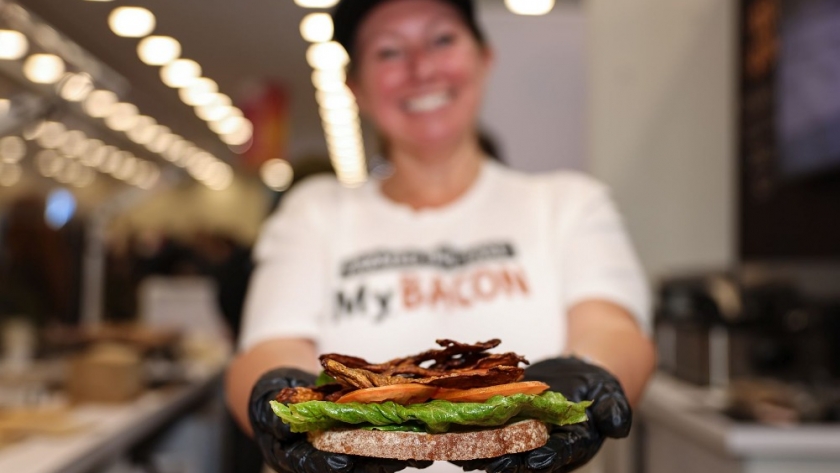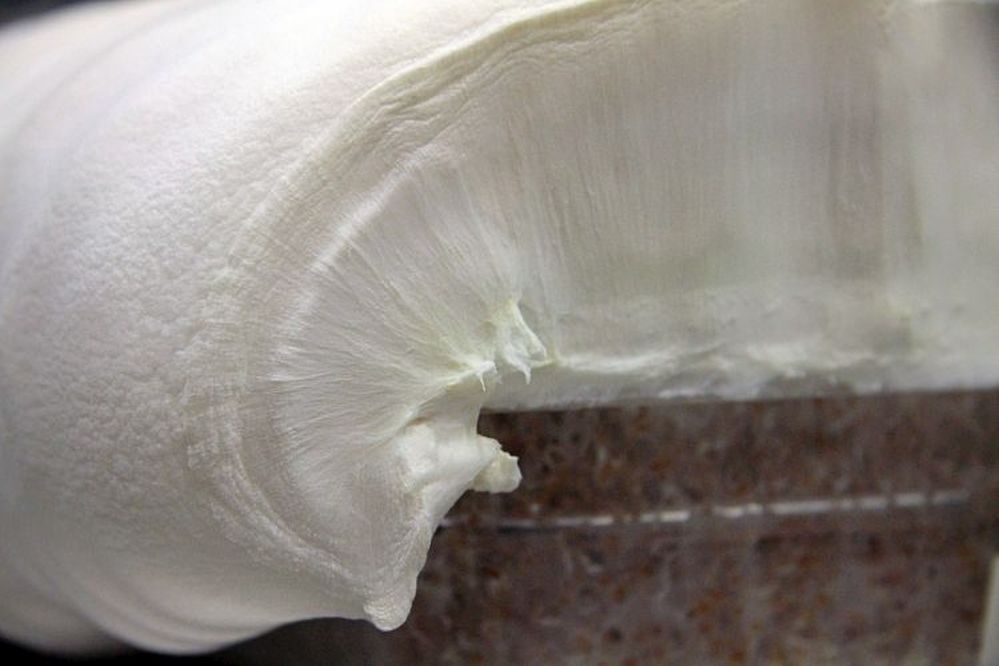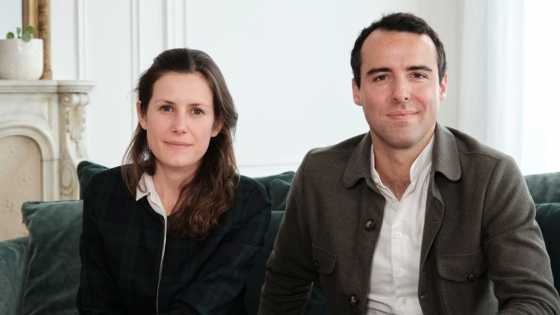
Por Agroempresario.com
Ecovative, a New York-based company focused on mycelium-based products, has successfully raised $11 million in a recent funding round, including $1.68 million in grant and loan funding from the Advance Albany County Alliance. The capital will support the company’s aggressive expansion plans for its mycelium-based alt meat products, particularly MyBacon, developed by MyForest Foods, which spun out from Ecovative in 2020. Additionally, the funds will be directed toward growing the Forager division, which produces mycelium-based materials used in a variety of applications, from compostable earplugs to footwear and handbags.
The company plans to use the funds to expand its production and packaging capacity for MyBacon, a mycelium-based alternative to traditional bacon. The investment will also help establish a new MyForest Foods Food Science Lab to develop new whole-cut mycelium products. This growth comes at a time when Ecovative has established itself as a strong player in the plant-based food market, particularly in the breakfast meat segment.
According to Ecovative cofounder Eben Bayer, MyBacon is the fastest-selling alternative meat product in the breakfast category in North America, with three times the sales velocity of typical plant-based breakfast items. Bayer also noted that MyBacon sells at a higher price point and enjoys high repeat purchase rates, indicating strong consumer demand.

Currently, MyBacon is available in over 1,200 stores, including major retailers like Whole Foods, Fairway Markets, and Fresh Direct. Bayer aims to expand MyBacon’s presence to 4,000-5,000 stores by the end of the year, with additional growth in direct-to-consumer channels like Hungryroot, Purple Carrot, and Good Eggs. Additionally, the company plans to introduce a complementary pork product alongside MyBacon and enter the foodservice sector later this year.
Ecovative’s innovative approach to mycelium cultivation sets it apart from other companies in the space. Unlike startups that use submerged biomass fermentation, which can be capital and resource-intensive, MyForest employs a solid-state fermentation process that is less costly and more efficient. This method allows for the preservation of the mycelium’s natural texture, reducing downstream processing costs.
Bayer explained that this cultivation method, which involves growing mycelium slabs on hardwood chips, has significant advantages. It’s also easier to scale, as MyForest partners with established mushroom farms across North America and Europe. Despite these benefits, Bayer acknowledged that scaling a new crop like mycelium remains a challenge. Over the next five years, Ecovative aims to double its yield, which will help make the business more profitable.
Currently, MyBacon is produced at four farms in New York, Canada, and the Netherlands, and a new pilot program will launch this year with a partner in Pennsylvania. Bayer is optimistic about the company’s future, stating, “We’re in striking distance of generating positive margins, so if we raise more capital, it will be against growth targets, not to stay afloat.”
With this new funding, Ecovative is poised to expand its mycelium-based offerings and solidify its position in the growing alt-meat and sustainable materials markets.

